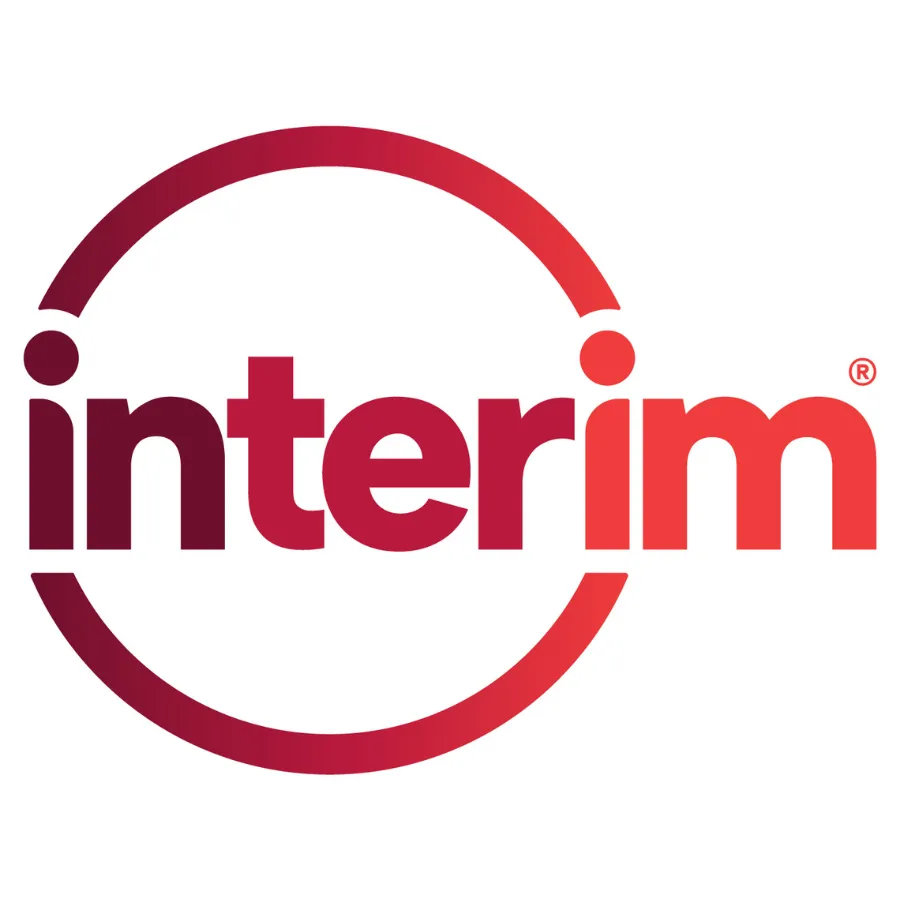Covered by Medicare / Health Insurance
Home Care

Assisted Living

Private Caregiver

Home Health

Family Care

No Care

One of the biggest surprises for families is learning what isn’t covered by Medicare or traditional health insurance. Most long-term care — especially help with bathing, meals, and companionship — is considered non-medical, and therefore private pay. However, there are emerging programs that make exceptions in certain cases.
Home Care
In most cases, non-medical home care is private pay. However, Medicare’s new GUIDE program (focused on dementia care and caregiver respite) is beginning to change that.
At Interim Home Care, we’re one of the few agencies qualified to provide GUIDE-covered respite care — offering up to 72 hours of in-home help each year for families caring for someone with dementia. While not comprehensive, this marks a significant step toward Medicare recognizing the value of home-based support. Beyond GUIDE, some long-term care insurance and veterans’ benefits may also contribute to costs.
Assisted Living
Medicare does not cover assisted living rent or routine care services. While some medical treatments or short-term rehabilitation within the facility may be covered, the daily costs of living there — meals, housing, and personal care — are entirely out of pocket.
Private Caregiver
Private caregivers are paid directly by families and are never covered by Medicare or insurance. There’s no reimbursement mechanism, regardless of the level of need or duration of care.
Home Health
Home health care is the most covered category, as it provides medically necessary services prescribed by a physician — such as skilled nursing, physical therapy, or wound care. Medicare and most health insurance plans pay for these services, but they are short-term and do not replace daily personal care.
Family Caregiver
Family caregiving is unpaid, and there’s no coverage or compensation through Medicare or insurance. In rare cases, state Medicaid programs may offer limited caregiver stipends, but these are not common or guaranteed.
No Care
No formal care means no coverage — and when emergencies occur, the resulting medical costs can be far higher than the expense of preventive in-home support. Waiting for a crisis is often the most expensive decision of all.


